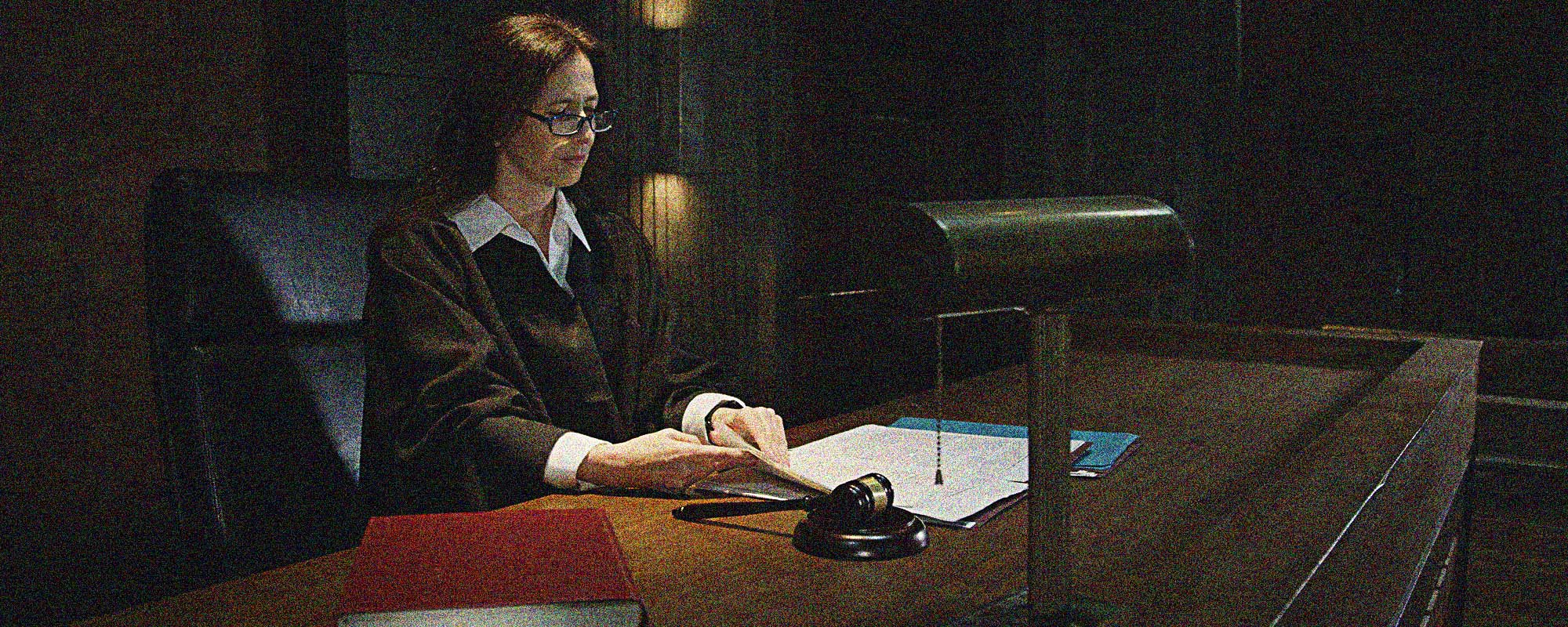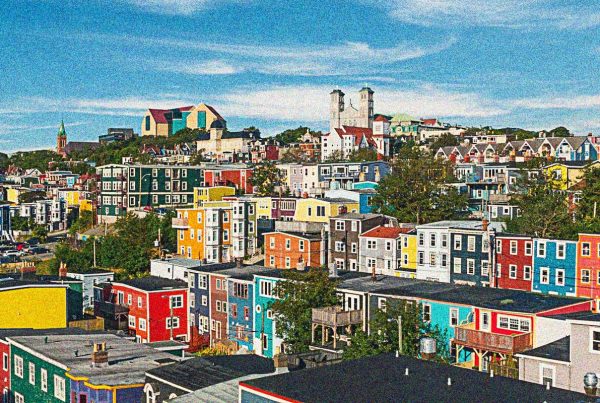Pourquoi l'ACLC a-t-elle poursuivi le gouvernement fédéral en justice pour contester son utilisation du Loi sur les mesures d’urgence?
La contestation judiciaire de l'ACLC ne concernait pas les manifestations à Ottawa – celles-ci comprenaient des blocus, qui avaient causé de graves difficultés aux résidents d'Ottawa, et un préjudice encore plus grand aux membres des communautés marginalisées de la ville.
La préoccupation de l'ACLC et la base de notre défi concernaient un gouvernement qui se donne des pouvoirs d'urgence massifs et extraordinaires qui contournent les freins et contrepoids habituels du système démocratique. Ces pouvoirs peuvent être nécessaires dans des circonstances extrêmes, mais ils sont également dangereux pour la démocratie et nos droits et libertés. Notre position est que les blocages, bien que graves, constituaient un problème de maintien de l'ordre. Ce qui préoccupait l'ACLC, c'était l'utilisation par le gouvernement du Loi sur les mesures d’urgence. Les pouvoirs d’urgence ne doivent pas être normalisés – ils doivent être utilisés avec parcimonie et prudence pour éviter les excès du gouvernement et les violations des libertés civiles.
Quand est-ce que le Loi sur les mesures d’urgence entrer en vigueur?
Le gouvernement a invoqué le Loi sur les mesures d’urgence le 14 février 2022 et l'a révoqué le 23 février 2022.
Est le Loi sur les mesures d’urgence Le même que Loi sur les mesures de guerre?
Cette Loi sur les mesures d’urgence remplacé le Loi sur les mesures de guerre en 1988. Auparavant, le Loi sur les mesures de guerre a été utilisée à trois reprises : pendant la Première Guerre mondiale, la Seconde Guerre mondiale et la crise d'octobre 1970. L'ACLC s'est opposée à certaines des mesures mises en œuvre dans le cadre de la Loi sur les mesures de guerre en 1970 en raison de graves violations des libertés civiles à cette époque. L'ACLC a contribué à faire pression en faveur d'une réforme du Loi sur les mesures de guerre, ce qui a finalement abouti à Loi sur les mesures d’urgence. Les Loi sur les mesures d’urgence était destiné à avoir un seuil d’utilisation plus élevé et une plus grande protection des libertés civiles.
L'ACLC a-t-elle intenté une action en justice pour soutenir les organisateurs du convoi de camions ?
L'ACLC a saisi les tribunaux en raison de l'utilisation déraisonnable des pouvoirs d'urgence et de la violation des libertés civiles.
L'ACLC estime que manifester est un outil démocratique essentiel pour les personnes qui luttent pour de nombreuses questions différentes. Il bénéficie d'une protection constitutionnelle à travers le Charte canadienne des droits et libertés' garanties de liberté d'expression, de liberté de réunion pacifique et de liberté d'association. Ces droits ne peuvent être limités que s’il existe un besoin et une justification démontrables, et seulement si la limite est aussi minimale que possible. L'ACLC ne s'est pas opposée au démantèlement des barrages à Ottawa, qui avaient causé du tort aux résidents d'Ottawa, en particulier aux individus et aux groupes marginalisés.
Le droit de manifester est-il plus important que les droits des personnes vivant dans la région ?
L'ACLC estime que manifester est un outil démocratique essentiel bénéficiant d'une protection constitutionnelle. Ces droits ne peuvent être limités que s’il existe un besoin et une justification démontrables, et seulement si la limite est aussi minimale que possible. L'ACLC ne s'est pas opposée au démantèlement des barrages à Ottawa, qui avaient causé du tort aux résidents d'Ottawa, en particulier aux individus et aux groupes marginalisés.
L'ACLC dispose-t-elle de ressources sur les droits des manifestants ?
Vous pouvez consulter notre guide Connaissez vos droits pour les manifestants. ici.
Pourquoi l'ACLC a-t-elle encore saisi les tribunaux après la Commission d'urgence pour l'ordre public ?
La Commission et la Cour jouent des rôles différents dans l'examen de la décision du gouvernement d'invoquer la Loi sur les mesures d’urgence. Ces deux mesures constituent un frein à l'exercice par le gouvernement de ce pouvoir extraordinaire.
Le mandat de la Commission était de découvrir ce qui avait conduit aux protestations et ce qui avait conduit, dans les faits, à l'invocation de la loi. Loi sur les mesures d’urgence.
Même si le commissaire a conclu que le seuil était atteint, il a clairement indiqué que des personnes raisonnables pouvaient être en désaccord avec lui et qu'il ne tirait pas de « conclusion juridique stricte ».
C'était le rôle de la Cour. La Cour cherchait à savoir si les définitions juridiques et le seuil juridique étaient respectés en invoquant la Loi sur les mesures d’urgence.
À propos de l’association canadienne sur les libertés civiles
L’ACLC est un organisme indépendant à but non lucratif qui compte des sympathisant.e.s dans tout le pays. Fondé en 1964, c’est un organisme qui œuvre à l’échelle du Canada à la protection des droits et des libertés civiles de toute sa population.
Pour les médias
Pour d'autres commentaires, veuillez nous contacter à media@ccla.org.
Pour les mises à jour en direct
Veuillez continuer à vous référer à cette page et à nos plateformes de médias sociaux. On est dessus Instagram, Facebook, et Twitter.




